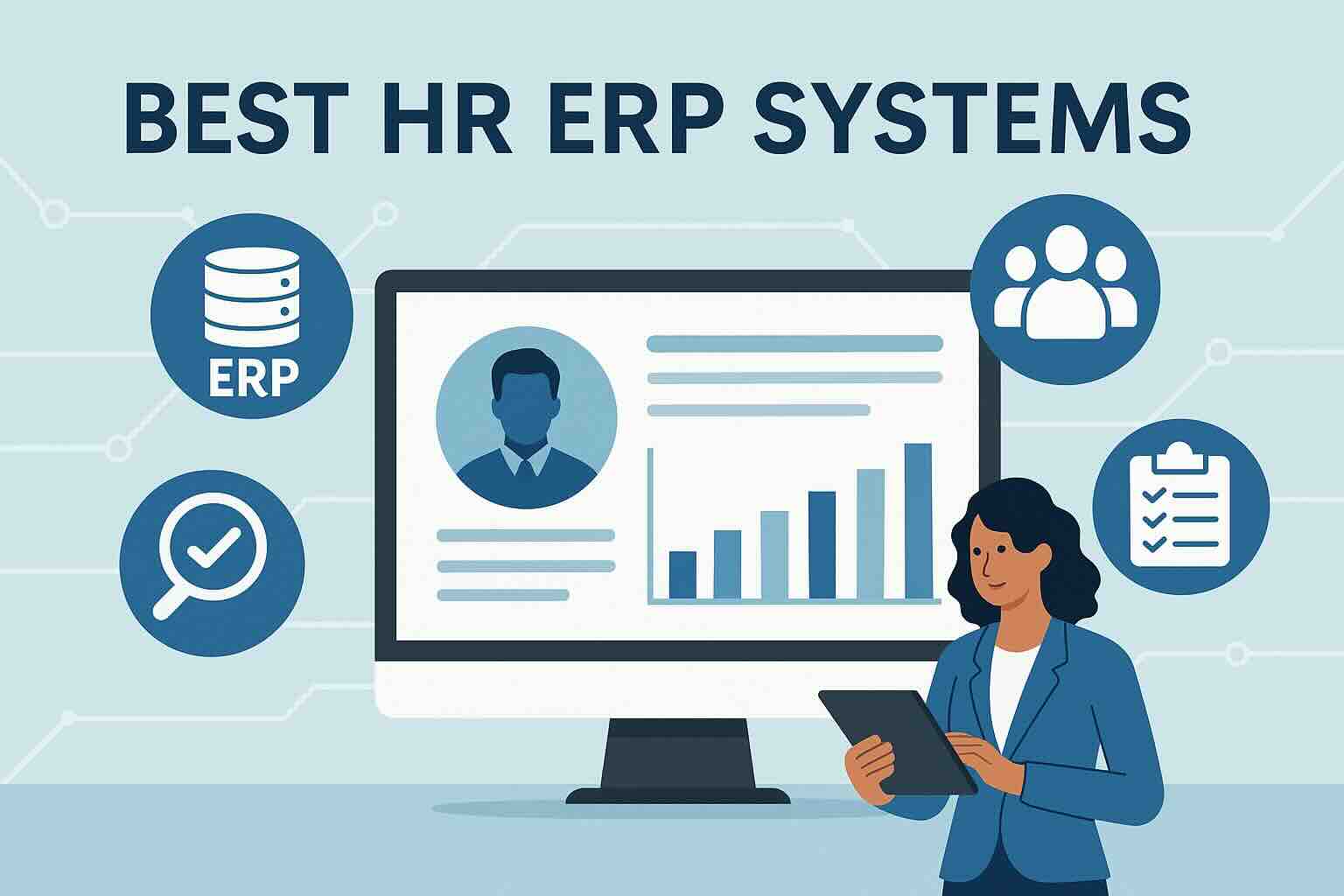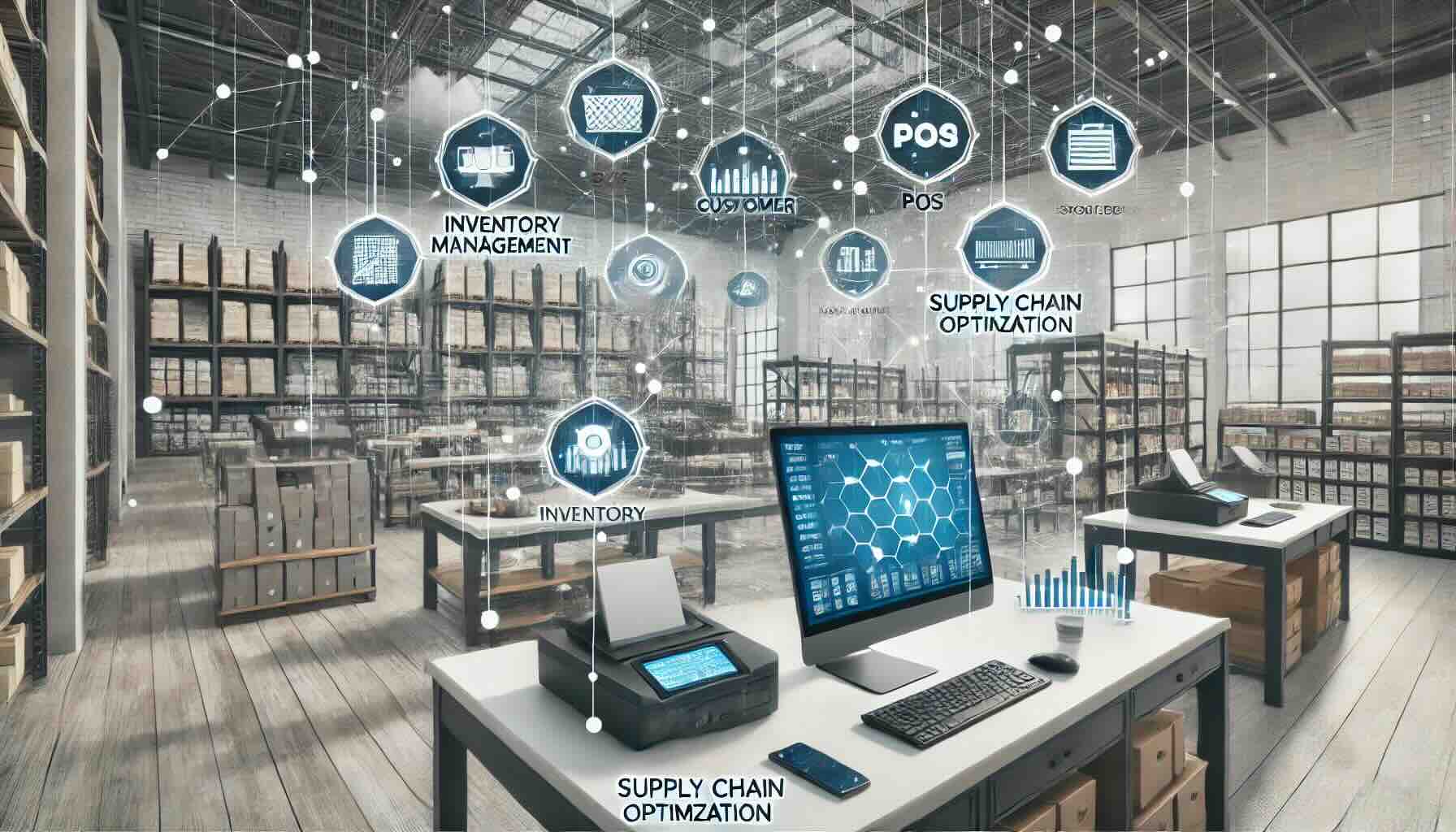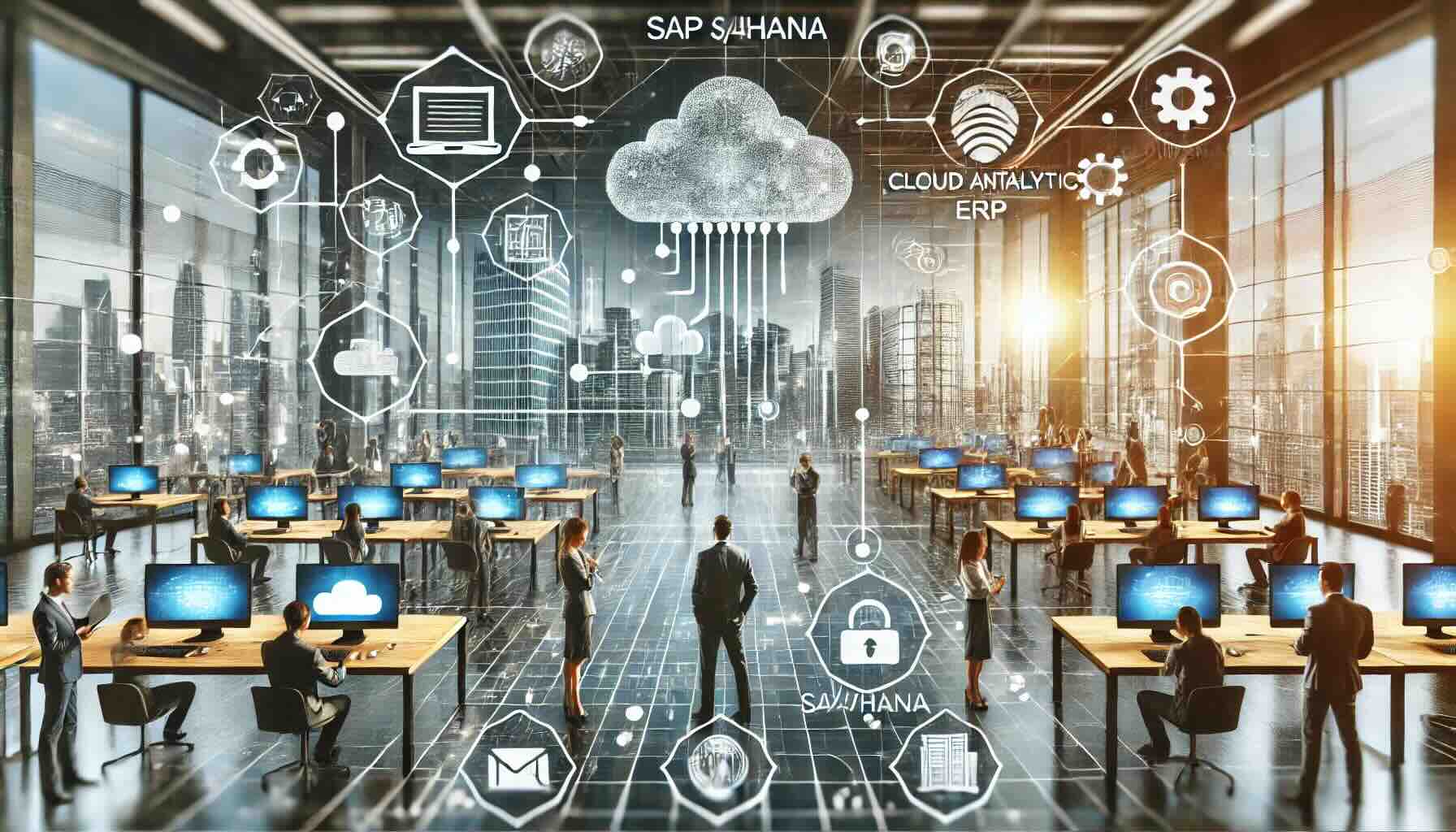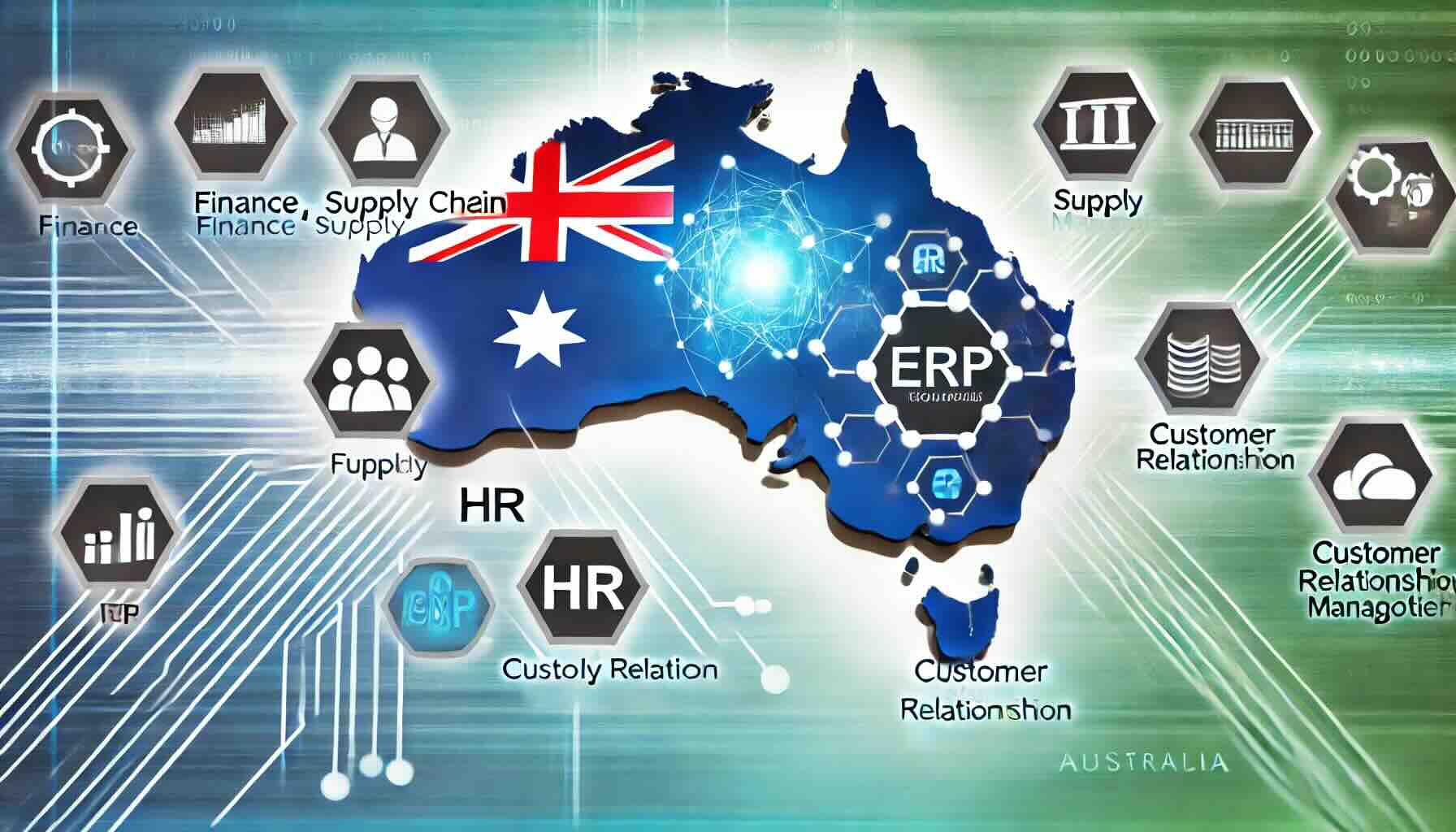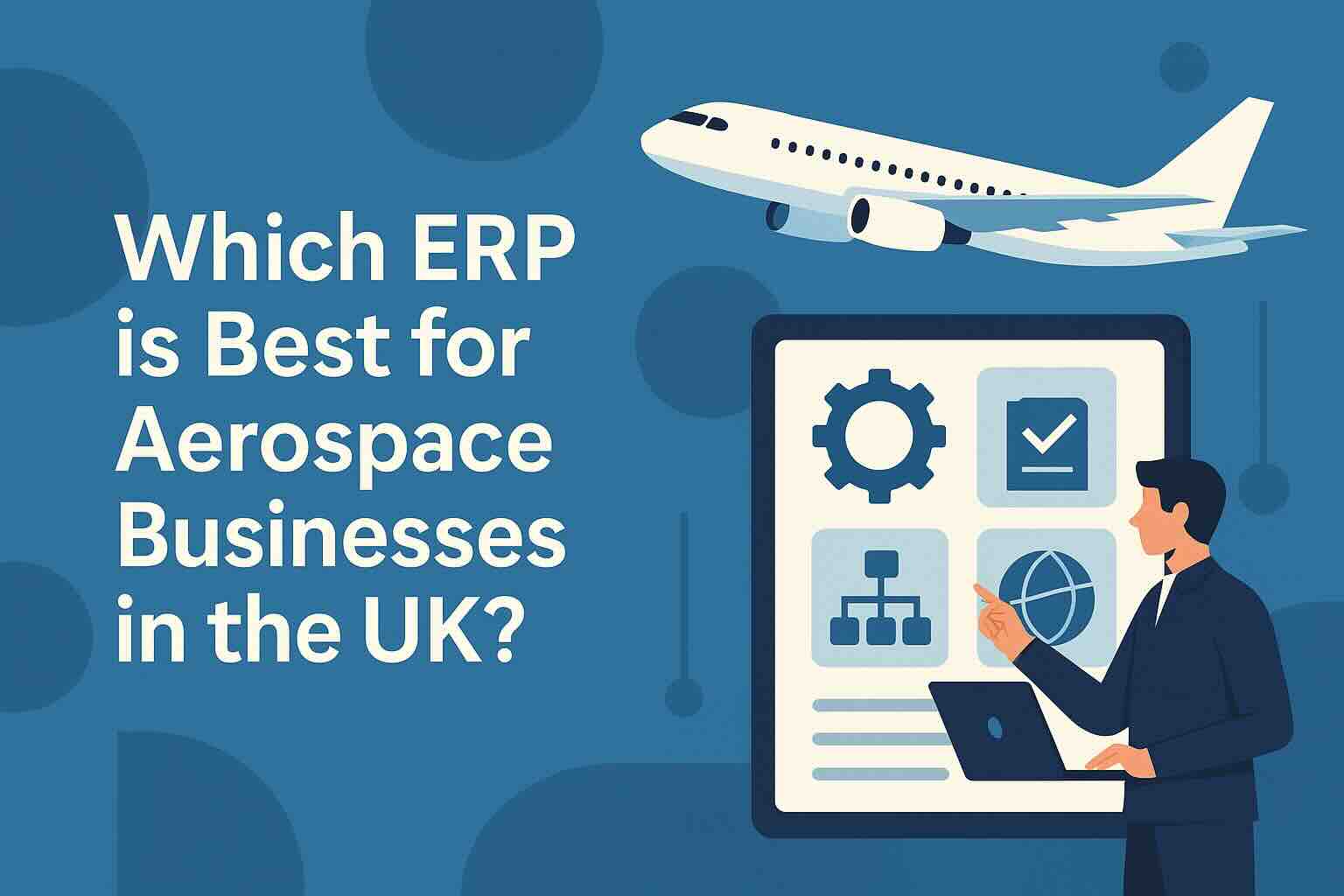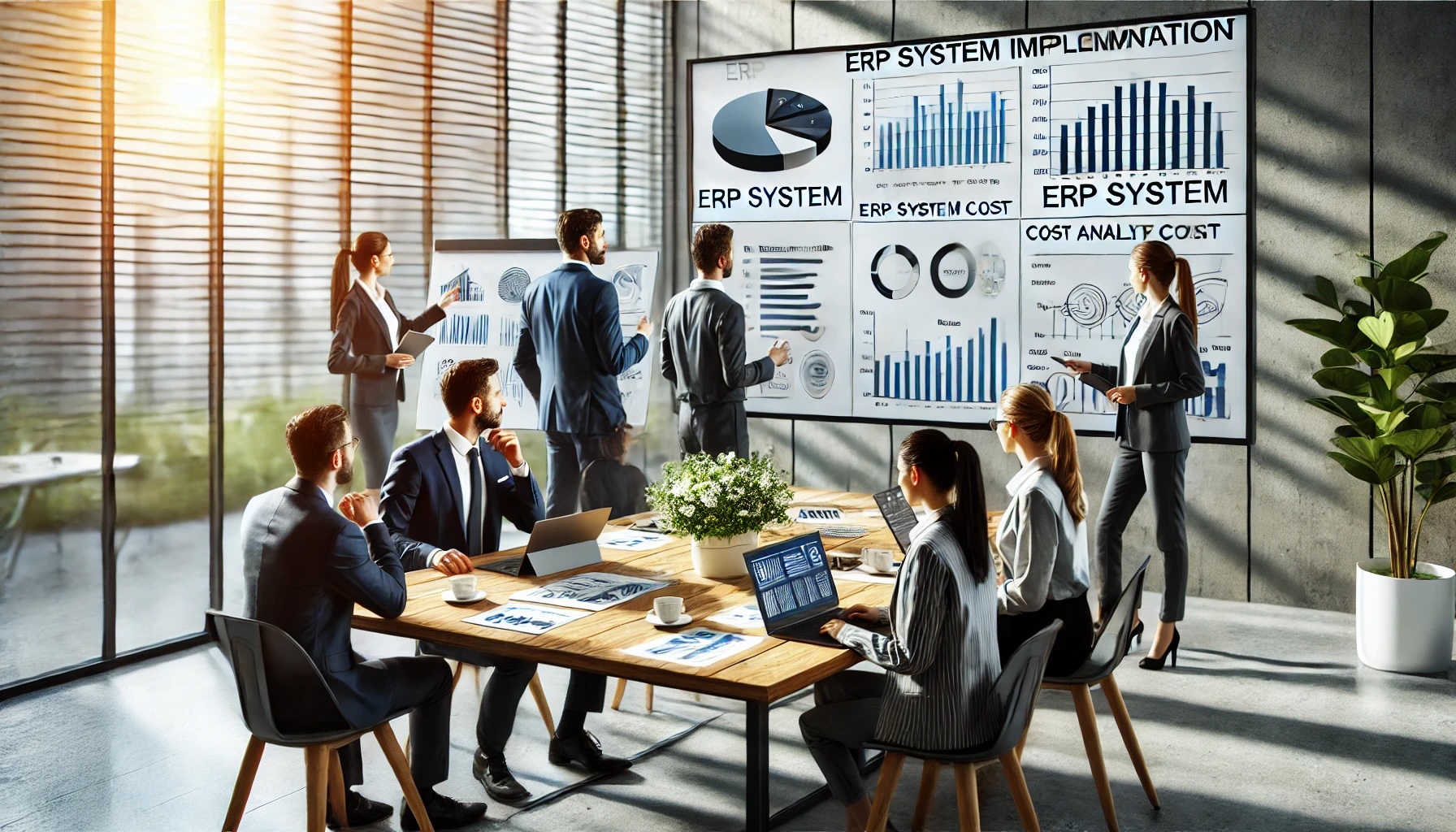ERP Comparison: A Comprehensive Guide to Choosing the Right ERP System for Your Business
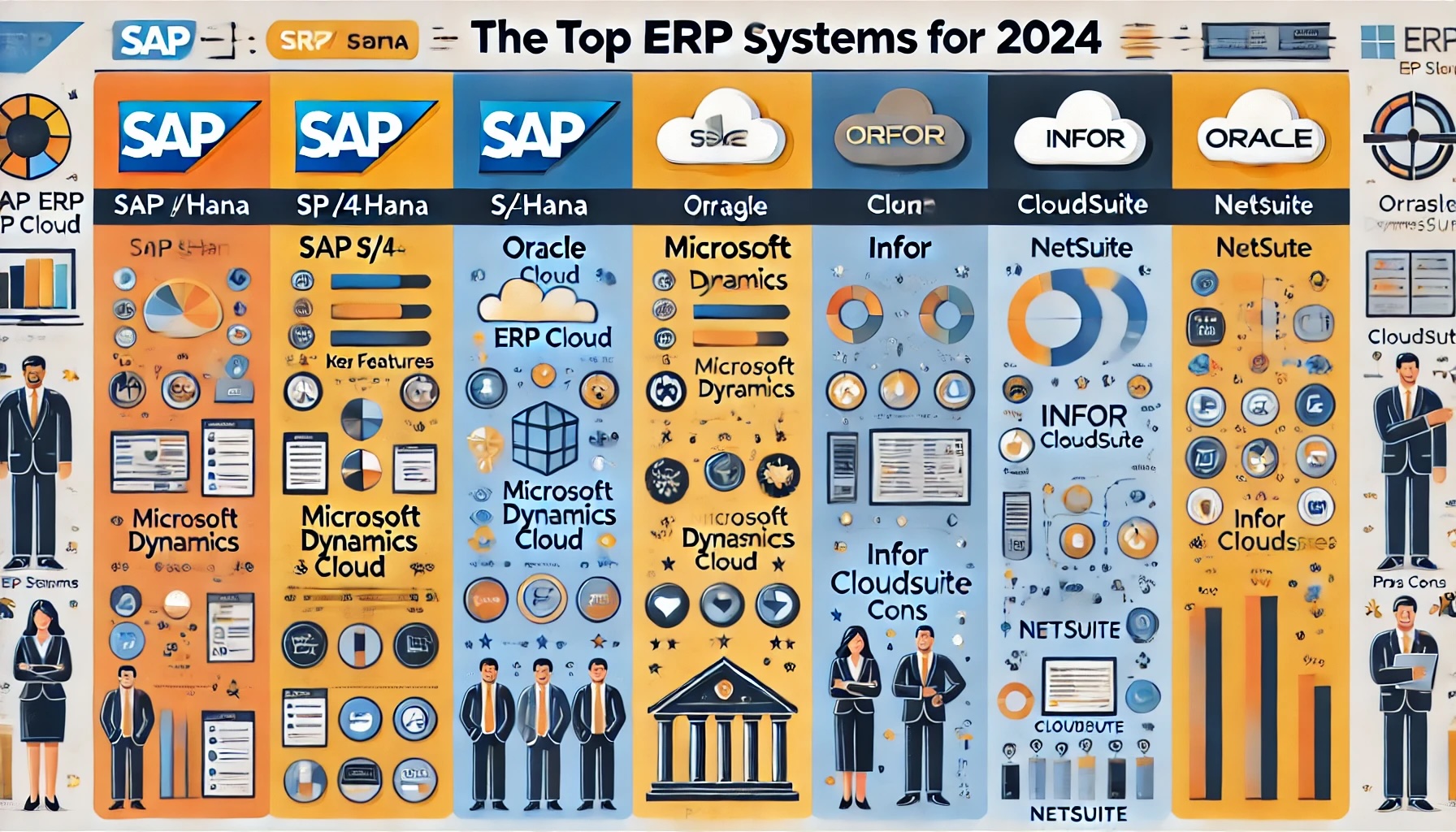
In the ever-evolving landscape of business technology, selecting the right Enterprise Resource Planning (ERP) system can be a game-changer. An effective ERP system integrates various business processes, enhances efficiency, and provides valuable insights for decision-making. However, with numerous options available, making an informed choice can be daunting. This comprehensive ERP comparison guide will help you navigate through the key factors and features to consider when choosing an ERP system that fits your business needs.
What is ERP?
Enterprise Resource Planning (ERP) is a type of software used by organizations to manage day-to-day business activities such as accounting, procurement, project management, risk management, compliance, and supply chain operations. A complete ERP suite also includes enterprise performance management, software that helps plan, budget, predict, and report on an organization’s financial results.
Why is ERP Comparison Important?
Selecting an ERP system is a significant investment, both in terms of time and money. Therefore, a thorough ERP comparison is crucial to ensure that the system you choose aligns with your business requirements and goals. A well-chosen ERP system can streamline operations, reduce costs, and provide a competitive edge.
Key Factors to Consider in an ERP Comparison
1. Business Requirements
Before diving into an ERP comparison, it’s essential to understand your business’s specific needs. Identify the core functionalities you require and any unique processes that need to be supported. Common features to look for include financial management, human resources, manufacturing, supply chain management, and customer relationship management.
2. Scalability and Flexibility
Your business is likely to grow and evolve, so it’s crucial to choose an ERP system that can scale with your business. Ensure the ERP solution is flexible enough to adapt to changing business processes and can integrate with other systems you might use in the future.
3. Deployment Options
ERP systems can be deployed on-premises, in the cloud, or as a hybrid solution. Each deployment option has its pros and cons. Cloud-based ERP systems offer greater flexibility and lower upfront costs, while on-premises solutions provide more control and customization options.
4. User Experience
An intuitive and user-friendly interface can significantly impact the adoption rate of an ERP system within your organization. Ensure that the system you choose is easy to navigate and offers a seamless user experience.
5. Cost
The cost of an ERP system includes more than just the initial purchase price. Consider the total cost of ownership, which includes implementation, customization, training, and ongoing maintenance. Make sure to compare the pricing models of different ERP vendors.
6. Vendor Reputation and Support
Choose an ERP vendor with a strong reputation for reliability and excellent customer support. Research customer reviews, ask for references, and evaluate the vendor’s track record in your industry.
Top ERP Systems for 2024
Here are some of the leading ERP systems to consider in your ERP comparison:
1. SAP S/4HANA
Overview: SAP S/4HANA is a comprehensive ERP solution designed for large enterprises. It leverages in-memory computing to process large volumes of data quickly, providing real-time analytics and insights.
Key Features:
- Real-time Analytics: With its in-memory computing capability, SAP S/4HANA provides real-time analytics, enabling businesses to make data-driven decisions promptly.
- Finance and Accounting: It offers robust financial management tools, including general ledger, accounts payable, accounts receivable, and fixed asset management.
- Supply Chain Management: Advanced supply chain functionalities include demand planning, inventory management, and procurement.
- Human Capital Management: Comprehensive HR features cover employee management, payroll, and talent management.
Pros:
- High scalability for large enterprises.
- Extensive customization options.
- Strong integration capabilities with other SAP products.
Cons:
- High implementation and maintenance costs.
- Complex system that requires significant training.
2. Oracle ERP Cloud
Overview: Oracle ERP Cloud is a robust, cloud-based ERP solution designed to streamline business processes and provide a unified view of enterprise operations.
Key Features:
- Financial Management: Comprehensive financial tools include general ledger, accounts payable, accounts receivable, and financial analytics.
- Procurement: Streamlined procurement processes with supplier management, contract management, and procurement analytics.
- Project Management: Tools for planning, tracking, and managing projects, including budgeting and forecasting.
- Supply Chain Management: Features for inventory management, order management, and manufacturing processes.
Pros:
- Strong cloud infrastructure and security.
- Regular updates and improvements.
- Flexible and scalable for growing businesses.
Cons:
- High subscription costs.
- Potentially complex customization and integration.
3. Microsoft Dynamics 365
Overview: Microsoft Dynamics 365 combines ERP and CRM capabilities into one integrated platform. It’s known for its flexibility and seamless integration with other Microsoft products.
Key Features:
- Finance and Operations: Tools for managing finances, manufacturing, and supply chain operations.
- Sales and Marketing: Integrated CRM features for managing customer relationships and marketing campaigns.
- Human Resources: Comprehensive HR management tools, including employee records, payroll, and performance management.
- Business Intelligence: Advanced analytics and reporting tools integrated with Power BI.
Pros:
- Highly customizable to meet specific business needs.
- Seamless integration with Microsoft Office and other Microsoft services.
- User-friendly interface.
Cons:
- Can be expensive depending on customization and add-ons.
- Requires technical expertise for advanced customization.
4. Infor CloudSuite
Overview: Infor CloudSuite is a cloud-based ERP solution tailored for specific industries, such as manufacturing, healthcare, and retail. It offers industry-specific functionalities and a user-friendly interface.
Key Features:
- Industry-Specific Solutions: Custom solutions tailored to the unique needs of different industries.
- Financial Management: Tools for managing finances, budgeting, and reporting.
- Supply Chain Management: Features for inventory management, procurement, and supplier collaboration.
- Human Capital Management: Comprehensive HR tools, including workforce management and talent acquisition.
Pros:
- Industry-specific functionality.
- Flexible and scalable.
- Modern, user-friendly interface.
Cons:
- Industry-specific focus may limit versatility for some businesses.
- Integration with third-party applications can be complex.
5. NetSuite
Overview: NetSuite, a product of Oracle, is a cloud-based ERP solution ideal for small to medium-sized businesses. It offers a range of features, including financial management, CRM, and e-commerce capabilities.
Key Features:
- Financial Management: Comprehensive financial tools, including general ledger, accounts payable, accounts receivable, and financial reporting.
- Customer Relationship Management (CRM): Tools for managing customer relationships, sales, and marketing.
- E-commerce: Integrated e-commerce capabilities for managing online sales and customer interactions.
- Inventory and Order Management: Features for managing inventory, order fulfillment, and procurement.
Pros:
- Scalable and flexible for growing businesses.
- Easy to implement and use.
- Comprehensive suite of integrated applications.
Cons:
- May require third-party add-ons for specific functionalities.
- Subscription costs can add up with additional modules.
Conclusion
An ERP comparison is a critical step in selecting the right system for your business. By considering factors such as business requirements, scalability, deployment options, user experience, cost, and vendor reputation, you can make an informed decision. Remember that the right ERP system can transform your business operations, improve efficiency, and drive growth.
To compare these ERP solutions and many more, you can use our new AI-powered Compare ERP tool. It’s free to use and you get a guaranteed discount on your first year’s licence fees with a referral from Compare ERP.
